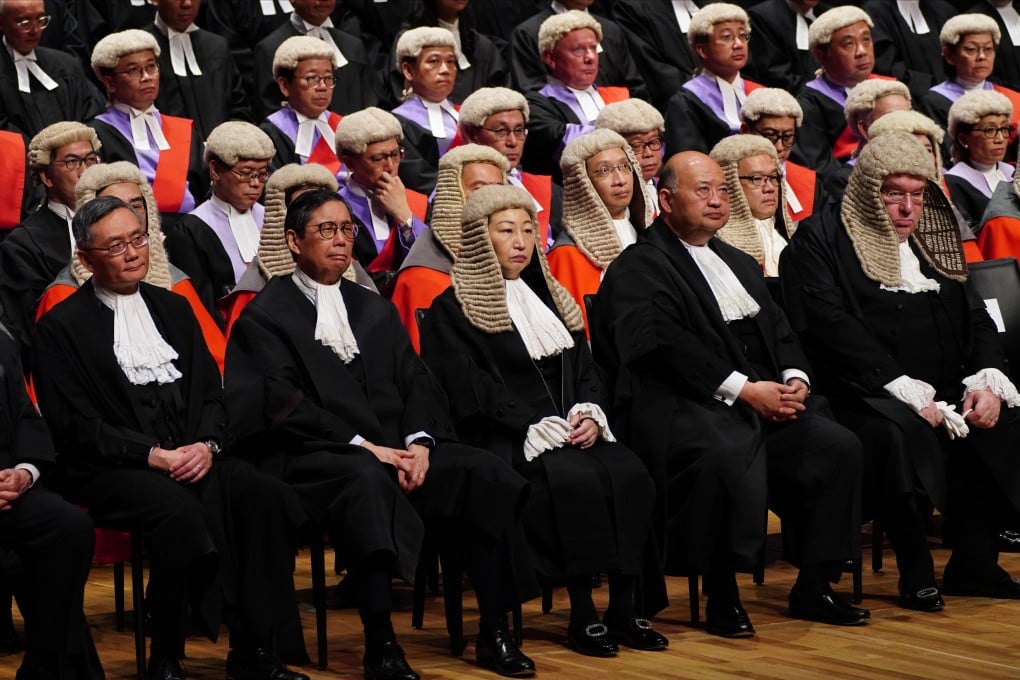Letters | Why Hong Kong courts still have reason to keep English as legal language
- Readers discuss the use of English in Hong Kong courts, the quarantine policy, competition from rival financial centres and obstacles to the Northern Metropolis

Hong Kong’s legal system is inclusive. Following a historical encounter some 200 years ago that made it different from the rest of China, this city has adopted British common law, the Basic Law and now the national security law.
As a hub of international arbitration, Hong Kong has been the jurisdiction of choice for parties seeking resolution to a legal dispute. Litton raised a very important question of whether English will still be used as the legal language after 2047.
As we don’t have a crystal ball, how can we tell? For those in the legal profession, their lingua franca is actually the legal language, the full meaning of which a lay audience can struggle to understand.
Britain is not considered a tea-producing country, but you can buy Chinese, Japanese, Korean, Indian or Sri Lankan tea in London. The common law was transplanted to Hong Kong from a foreign land many miles away, but it germinated, took root and bore fruit.
Should Hong Kong be a place where clients from all over the world can choose the legal system they need? It could bring lucrative business opportunities to our legal community. In this sense, it is necessary to use English as a legal language.
